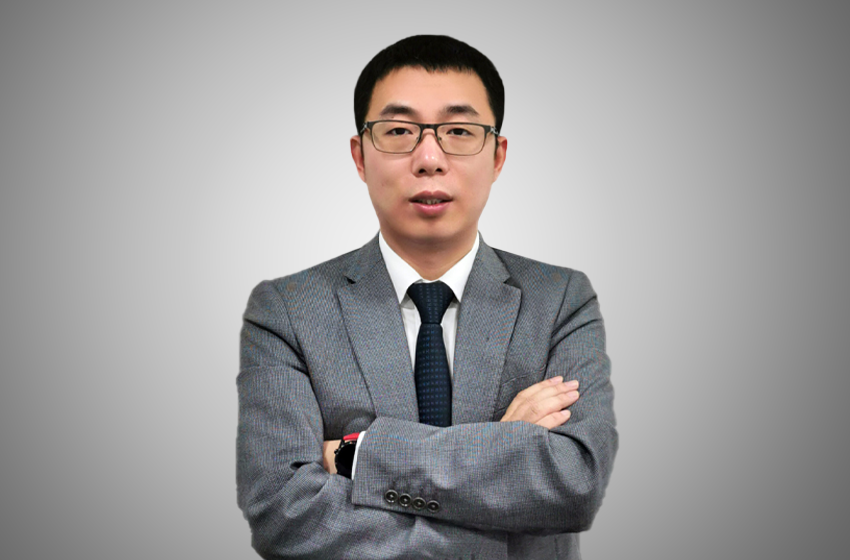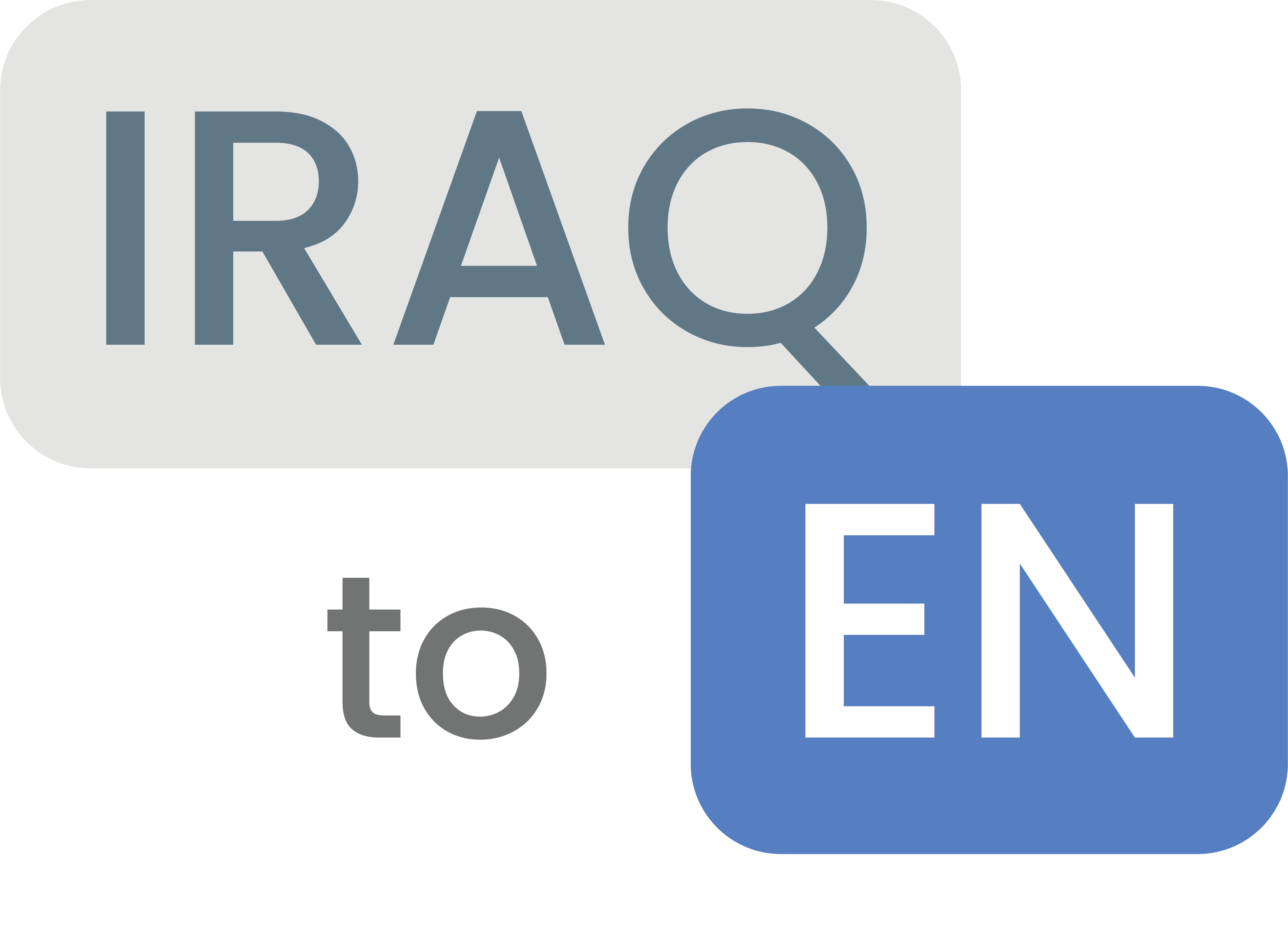
Talented Iraqi youth will accelerate Iraq’s digital transformation
By: Gavin Wang, CEO of Huawei Iraq
Across the Middle East, ICT technologies have ushered historical transformation and enabled Arab leaders to diversify and strengthen economies. Next-generation technologies like 5G, cloud computing, IoT, and big data have significantly contributed to the development of Iraq’s post-oil, digitally-driven economy and greatly enriched our society.
The Intelligent World 2030 report predicts that by 2030, there will be more than 200 billion global connections, and every enterprise, household, and individual on this planet will have 10-gigabit connectivity. In the Middle East, the ICT sector is expected to reach $95.05 billion by 2025 from $84.23 billion in 2020 at a compound annual growth rate (CAGR) of 2.4%.
The Iraq government has recognized the ICT sector as a vital enabler of the country’s post-oil economic transformation. During the Huawei Arab Innovation Day 2021, H.E. Arkan Shahab, Minister of Communications in Iraq, reiterated the government’s commitment to supporting the ICT sector. He noted that the Ministry has signed many strategic contracts on infrastructure development.
For the ICT sector to contribute to the country’s economic growth, significant investment in digital skills is required, with contribution from all stakeholders. There’s undeniably a growing talent gap globally. According to Korn Ferry, there will be a global shortage of more than 85.2 million skilled people by 2030, causing a financial impact worth $8.452 trillion. Therefore, developing a robust pipeline of local ICT talent and building the ICT talent ecosystem in Iraq is vital for securing its future digital economy.
At Huawei, we believe in a collaborative approach to ICT ecosystem development. We feel that promoting the development of local talent is best done in cooperation between the public and private sectors. In the past two decades, we’ve helped the Middle East cultivate more than 100,000 ICT talents, out of which more than 5000 talents were based in Iraq. In Iraq, we have worked with a vast number of educational authorities, universities, other educational institutions, and partners to set talent standards, build alliances, and demonstrate the value of talent. Some of our partners in Iraq include Salahaddin University, Sulaimani Polytechnic University, and Ninevah University, among others.
Additionally, we run many global and regional initiatives that help nurture future ICT leaders, including the Seeds For the Future program, Huawei ICT Academy, and Huawei ICT Competition. We have partnered with the Iraq Ministry of Higher Education and Scientific Research (MOHESR, KRG MOHE) since 2017 for the Huawei ICT Competition. This year, we signed an agreement with MOHESR to train 3,000 university professors and students during the coming years.
The Iraq edition of the Middle East ICT Competition 2020 witnessed stellar participation and performance from Iraqi students. A total of 963 students from more than 25 Universities across Iraq competed in the preliminary round, with the three best-performing students proceeding to the regional finals. The Iraqi team placed second in the regional finals while their tutor received the ‘Excellent Tutor’ award. This year’s edition has received over 1300 applications from Iraqi students.
We genuinely believe Iraqi youth minds have the power, resilience, and imagination to unlock a world full of incredible possibilities for Iraq’s digital economy. Their imagination is the only limit on how far the country can progress, but the actions we take now will determine how quickly we can get there. The best way to embrace the future is to build it ourselves.


